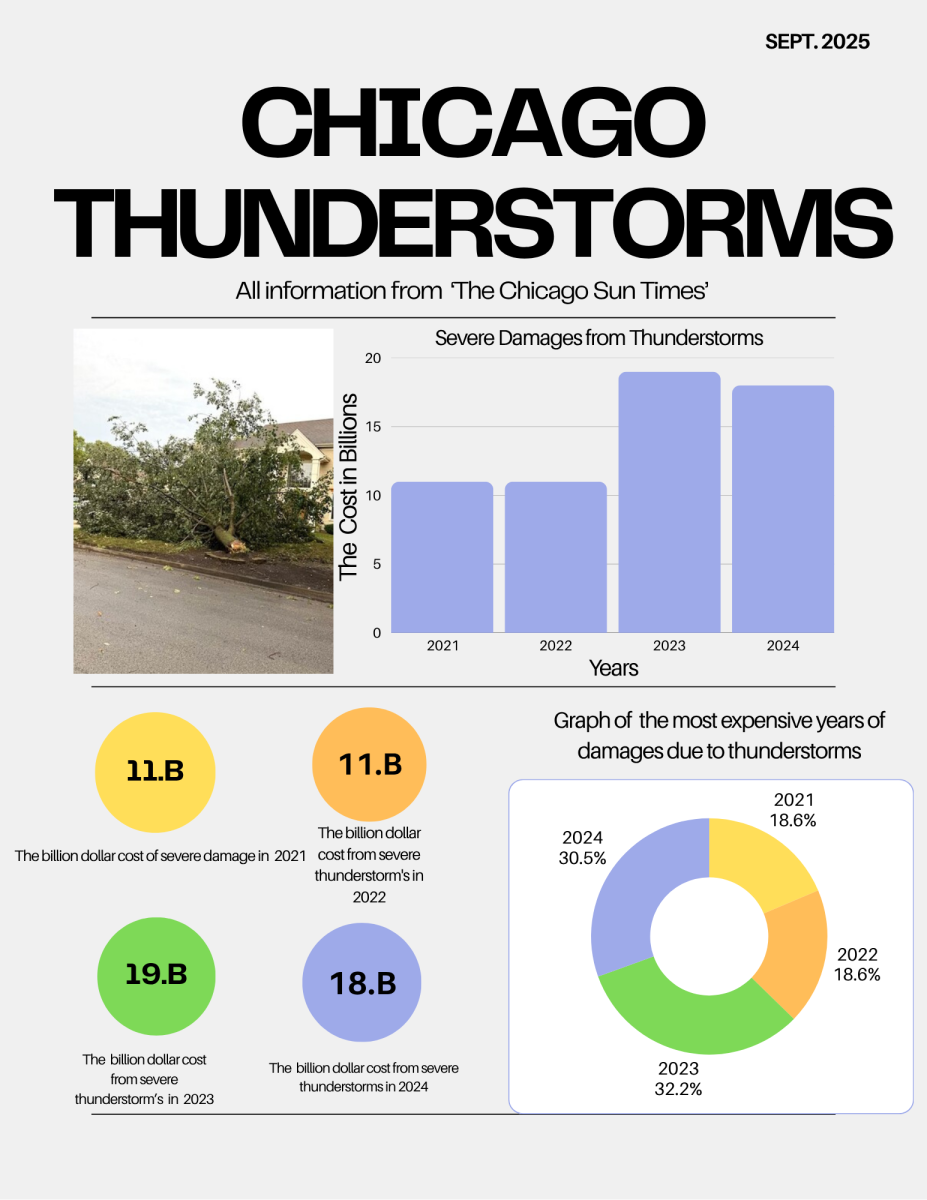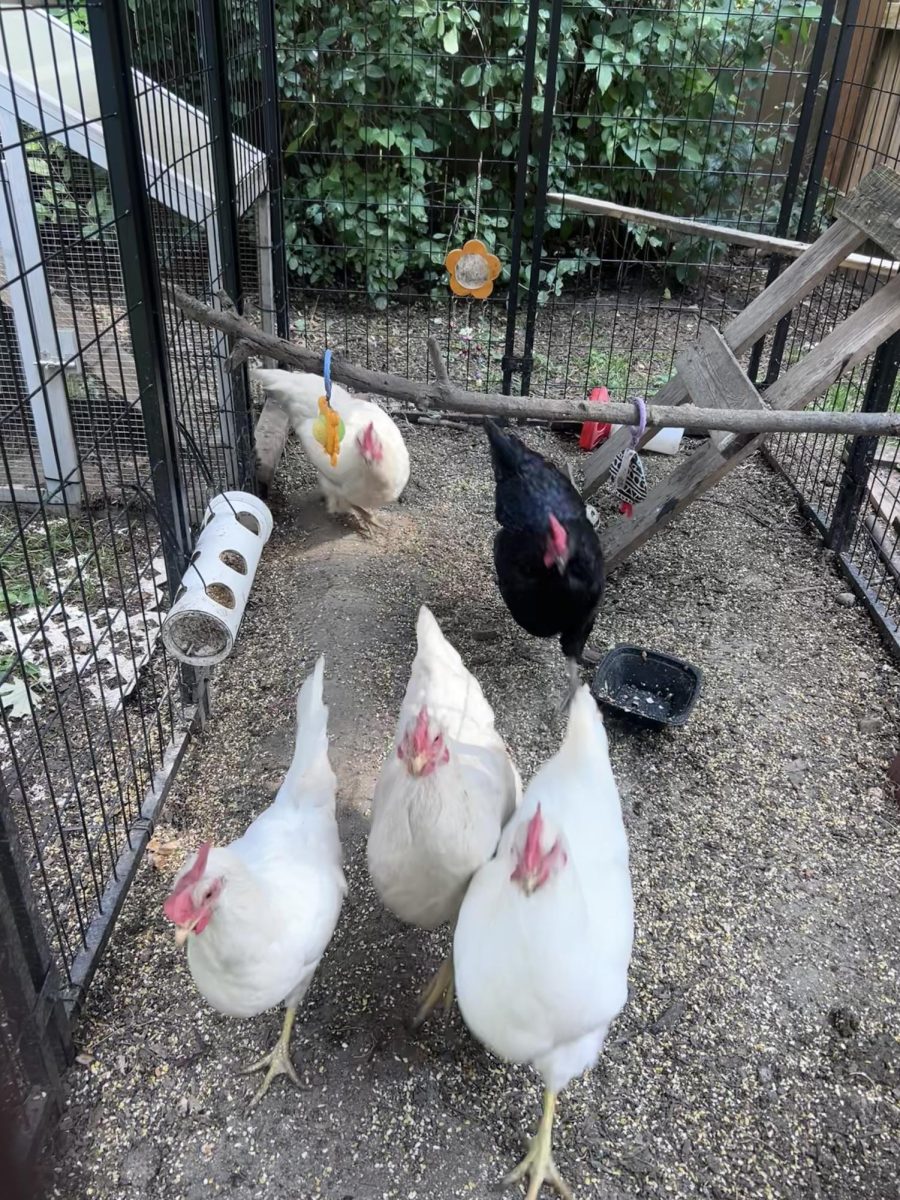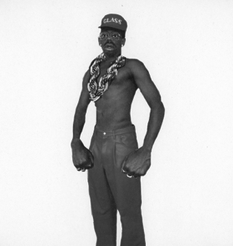Writing a great college essay can be high-pressure, and advice on how to write one can also be incredibly confusing and full of contradictions. We at The Voyager have sifted through tips and tricks from elite colleges and CollegeBoard itself, as well as gained insight from H-F’s college counselors, to create a culmination of college essay writing advice that can help H-F students through this stressful time.
Firstly, post-graduation plans should be made early. As college counselor Kevin Coy explained, “Whether it is college, or the military, or going to the workforce, start to think about that and try to figure that out in junior year, so going into senior year we’re not having those conversations about “hat do you want to do after H-F?’” While your exact occupation doesn’t have to be nailed down, it’s helpful to know your field of interest and what goals you have before senior year starts.
Students should start considering their essay topics and even draft some of their essays in the middle of their junior year, and have a list of schools they potentially want to apply to by the time senior year starts.
When it comes to writing essays, the most vital, overarching tip for college applicants is to be authentic. You might have heard this tip parroted many times before, but it’s important to know what exactly it means. Don’t try to use words that you don’t use in your everyday life, don’t try to tell a story that is not authentically your own, as Coy said bluntly, “don’t try to be funny if you’re not funny,” and generally just don’t pretend to be someone you’re not.
As explained by Harvard Summer School, the admissions officers reading your essays can “sense when writers are inauthentic.” This could take shape in long, flowery language that is rarely used in conversation, or a topic you have very little interest in.
“So many times, students have difficulty telling their story,” college counselor Brad Kain said. “It doesn’t have to be grandiose, it just has to be a story, and you have to have something that you’re standing behind.” If the story being told has impacted you in some way, and is told well, it can be as simple as how you picked up a certain hobby or why you chose the major you did.
Kain continued that “you don’t have to be Mother Theresa saving the world from starvation, that’s not what this is all about. It’s about your ability to write well, convey a message and for me to learn something about who you are and what you’re bringing to that university.”
In telling your story, though, it’s important not just to summarize your experience–reflect on it, too. As Princeton Review explained, “Anyone can write about how they won the big game or the summer they spent in Rome. When recalling these events, you need to give more than the play-by-play or itinerary. Describe what you learned from the experience and how it changed you.”
This goes hand-in-hand with another piece of advice, which is to show, not tell. You don’t want to just state a list of achievements. Not only is this an uninteresting way to present information, but also can probably be found in other parts of your application. Instead, you want to have a narrative.
The essay is the one opportunity for admissions officers to get an insight to who you are, and what sets you apart. Across the country, there are likely many other applicants with the same or similar GPAs, extracurriculars, course loads etc.
Your story is the one thing that can’t be replicated, so use it to your full advantage. Write a story that is definitively unique to you.
This could mean shying away from overused topics such as sports injuries or issues induced by the COVID-19 pandemic, but Coy did make a caveat. “There’s also a way to still talk about that overuse, but you can be unique to your situation,” he said. “Like, if you’re writing about a sports injury, it’s still okay because you can spin it to be more personal to you.” He continued that he does not dissuade students from writing these types of narratives, but emphasized that, especially with these commonly used themes, the first draft will need to be revised several times.
For essays overall, it is imperative that someone else looks at it and very honestly edits it. Whether it be an English teacher, college counselor, friend, parent or all of the above, you need at least one other set of eyes to look your essay over and make some harsh criticisms if need be. Make sure to leave plenty of time between your first draft and the due date for your essays to go through several rounds of revisions.
Finally, make sure that your essay relates to your personal experiences, not someone else’s. If you write about how amazing your grandmother is, that’s great, but that tells admissions officers very little about you. Instead, take an angle of how this person specifically influenced you and your behavior or mindset. As Kain said, some students, through their essays, give insight “to who they look up to, or who they idolize, somebody who’s important in their life. I need to know who you are.”









